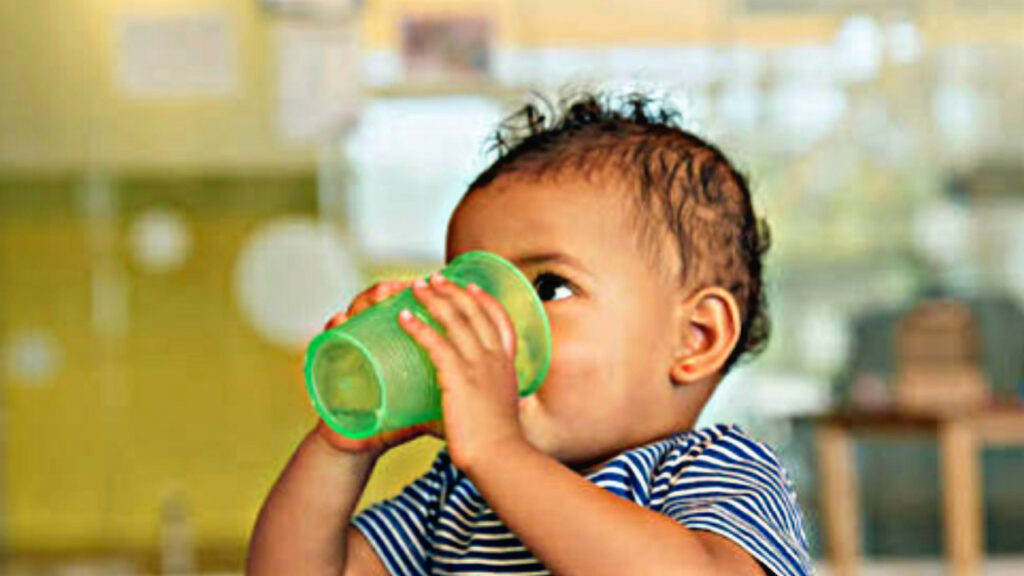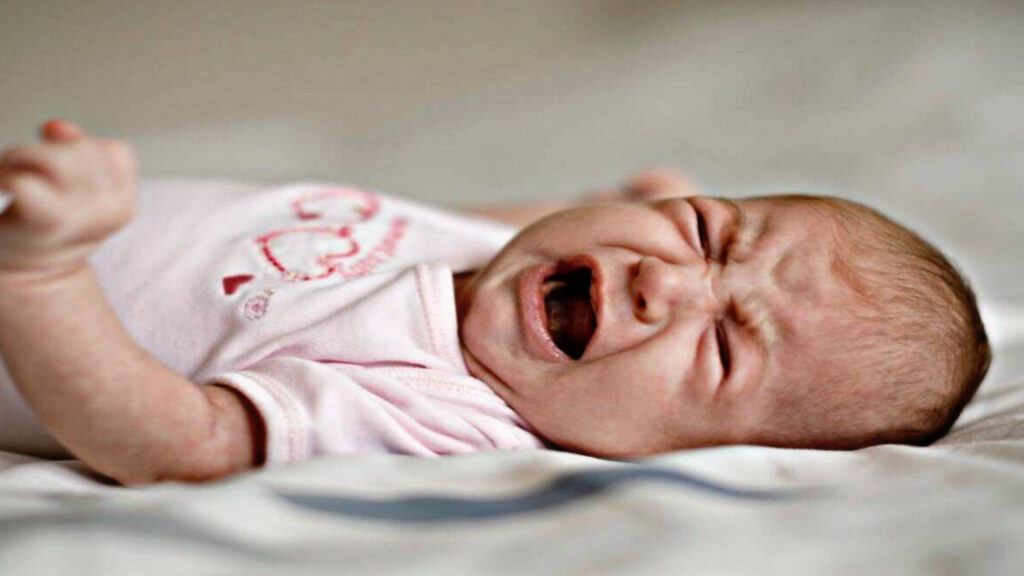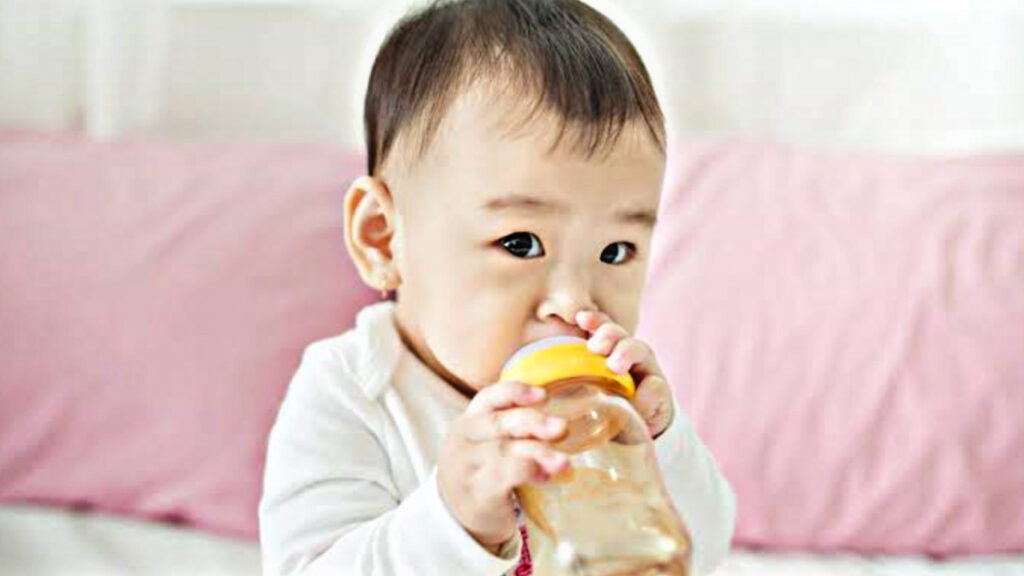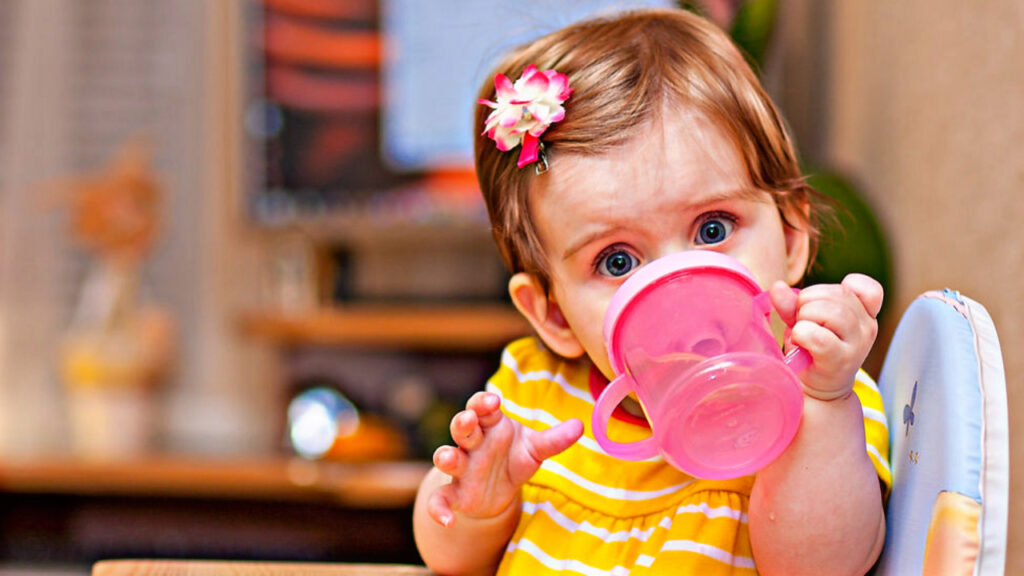Baby Dehydration
Dehydration in infants and toddlers can happen quickly and may lead to serious health issues if not addressed. Babies, particularly newborns, are at higher risk of dehydration due to their smaller size and higher body water content. As a parent, it’s essential to recognize the early signs of dehydration and seek medical help if needed. Knowing the warning signs can help you take swift action to keep your little one healthy and comfortable.

Key Symptoms of Baby Dehydration

- Dry Mouth and Lips
One of the most common signs of dehydration in babies is a dry mouth or cracked lips. If your baby’s mouth feels dry or their lips appear chapped or cracked, it could be a sign that they are not getting enough fluids. This is especially concerning if you’ve been offering your baby formula, breast milk, or water regularly. - Fewer Wet Diapers
A decrease in the number of wet diapers is a significant indicator of dehydration. For a newborn, the typical output is about 6–8 wet diapers per day. If your baby has fewer wet diapers or seems to be producing very concentrated, dark yellow urine, it may suggest that they are not drinking enough fluids. Keep track of the diaper output and let your pediatrician know if there’s a noticeable decrease. - Sunken Fontanel (Soft Spot)
A sunken fontanel, the soft spot on the top of your baby’s head, can be a concerning sign of dehydration. When your baby is properly hydrated, the fontanel should be flat and level. If it appears sunken, it’s a signal that your baby’s body is lacking adequate fluids. This symptom may be more noticeable during crying or when your baby is not feeding properly. - Lethargy and Irritability
Dehydrated babies often become more sluggish and less responsive. If your baby seems unusually tired, difficult to wake up, or overly irritable, dehydration may be the cause. Babies typically need to eat and drink regularly to stay energized and happy. Dehydration can lead to a lack of energy, making your baby seem drowsy or difficult to comfort. - Sunken Eyes and Dark Circles
Another noticeable symptom of dehydration is sunken eyes or dark circles beneath your baby’s eyes. These are signs that your baby is not getting enough fluid intake and may be losing moisture from their body more rapidly than it’s being replaced. If you notice this symptom, it’s important to hydrate your baby as soon as possible. - Rapid Breathing or Heartbeat
If your baby’s breathing becomes faster or their heart rate increases significantly, it could be a sign of dehydration. These symptoms can indicate that your baby’s body is struggling to maintain balance in fluid levels. If these symptoms are present, immediate medical attention should be sought to prevent further complications.
When to Seek Medical Help

If you notice any of the above symptoms in your baby, it’s crucial to contact your pediatrician immediately. In some cases, dehydration can progress quickly and may require urgent treatment. This could include rehydration through oral solutions, formula, or breast milk, or in more severe cases, IV fluids in a hospital setting.
Dehydration is a serious concern for babies, especially during hot weather, illness, or when they’re not feeding well. Being vigilant and knowing the key symptoms of dehydration can help you act quickly and prevent your baby from becoming seriously ill. Always trust your instincts, if you’re worried that your baby is dehydrated, don’t hesitate to contact your healthcare provider. The sooner you address the issue, the better the outcome for your little one.





